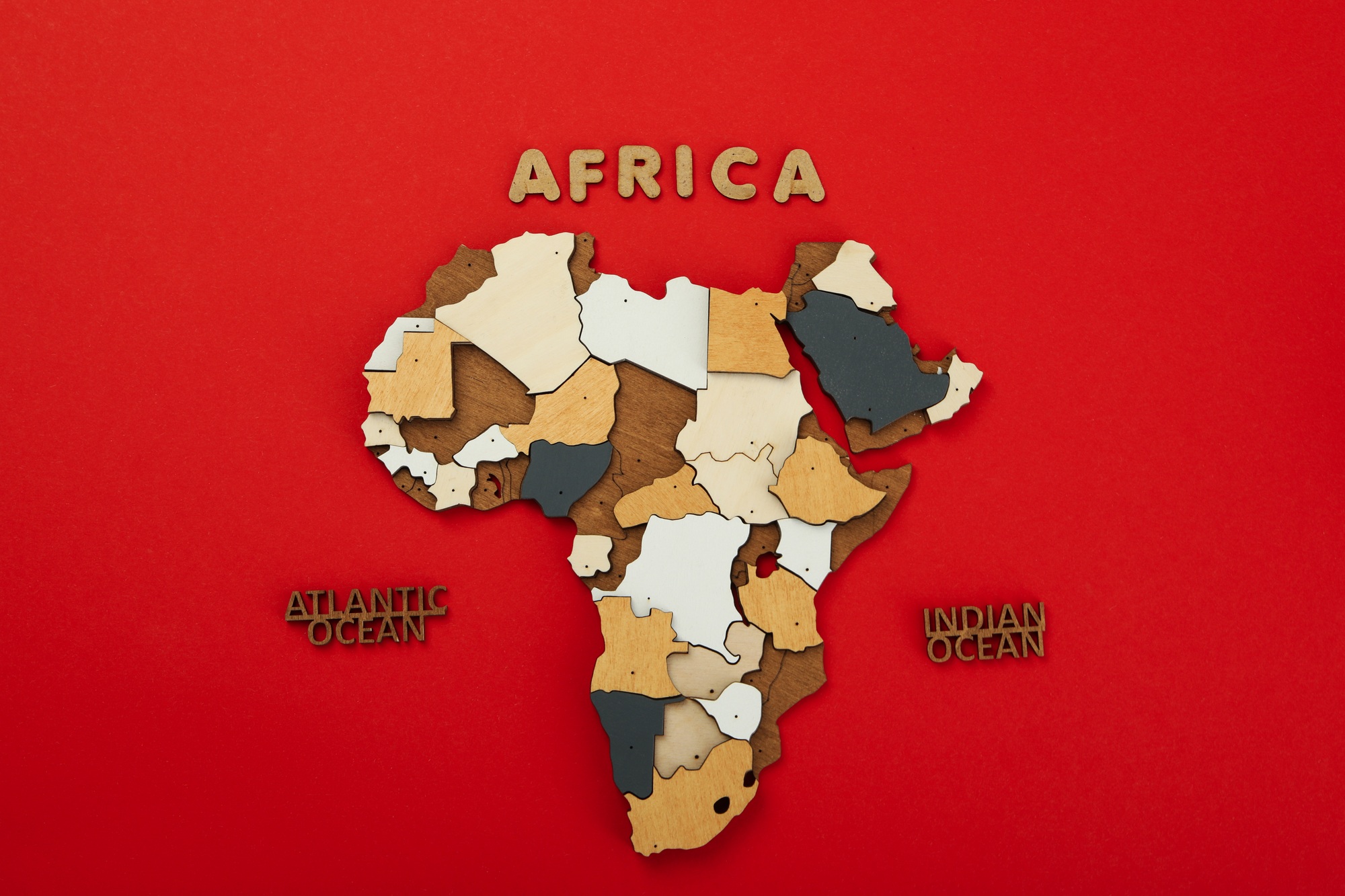
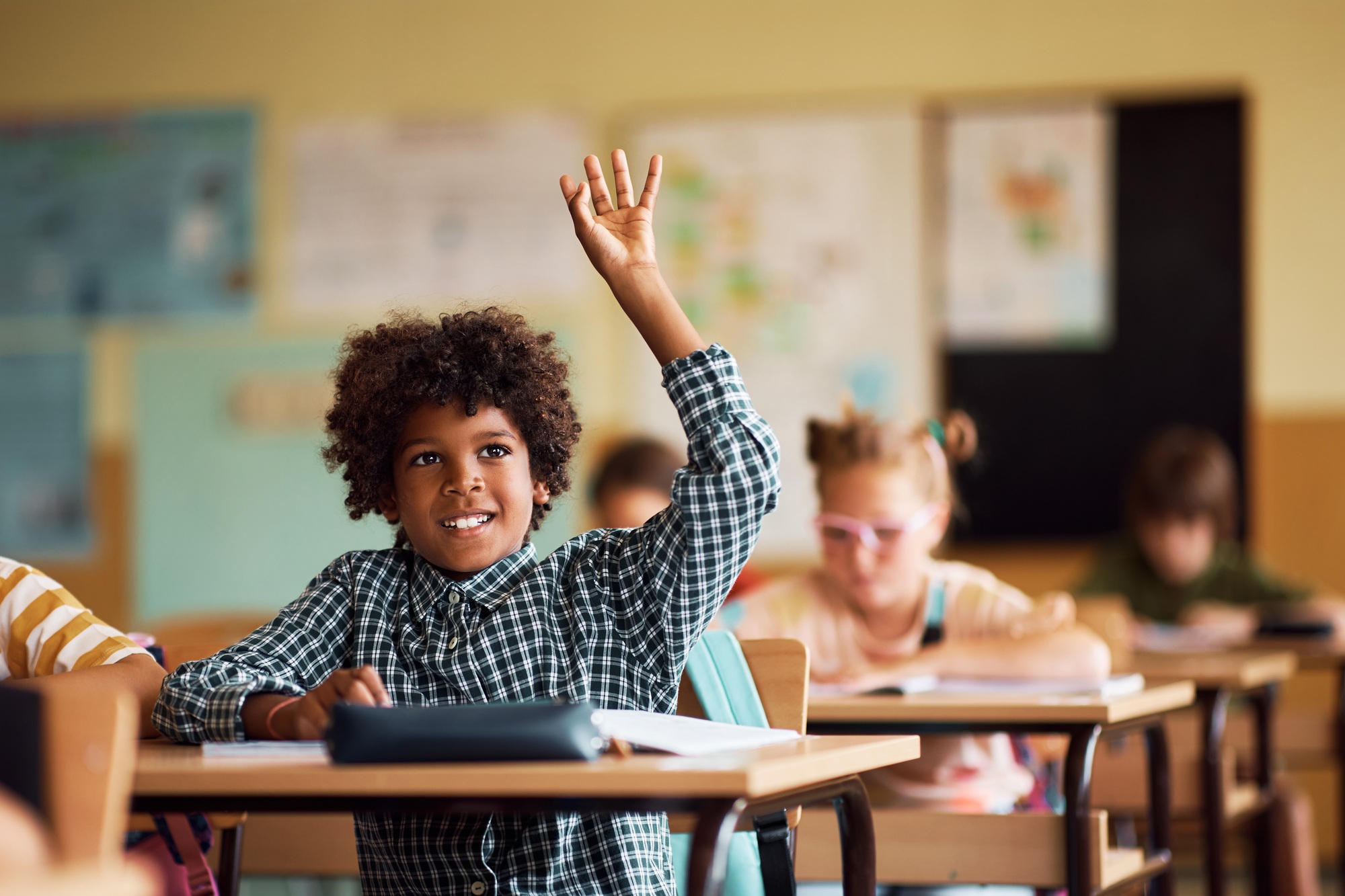
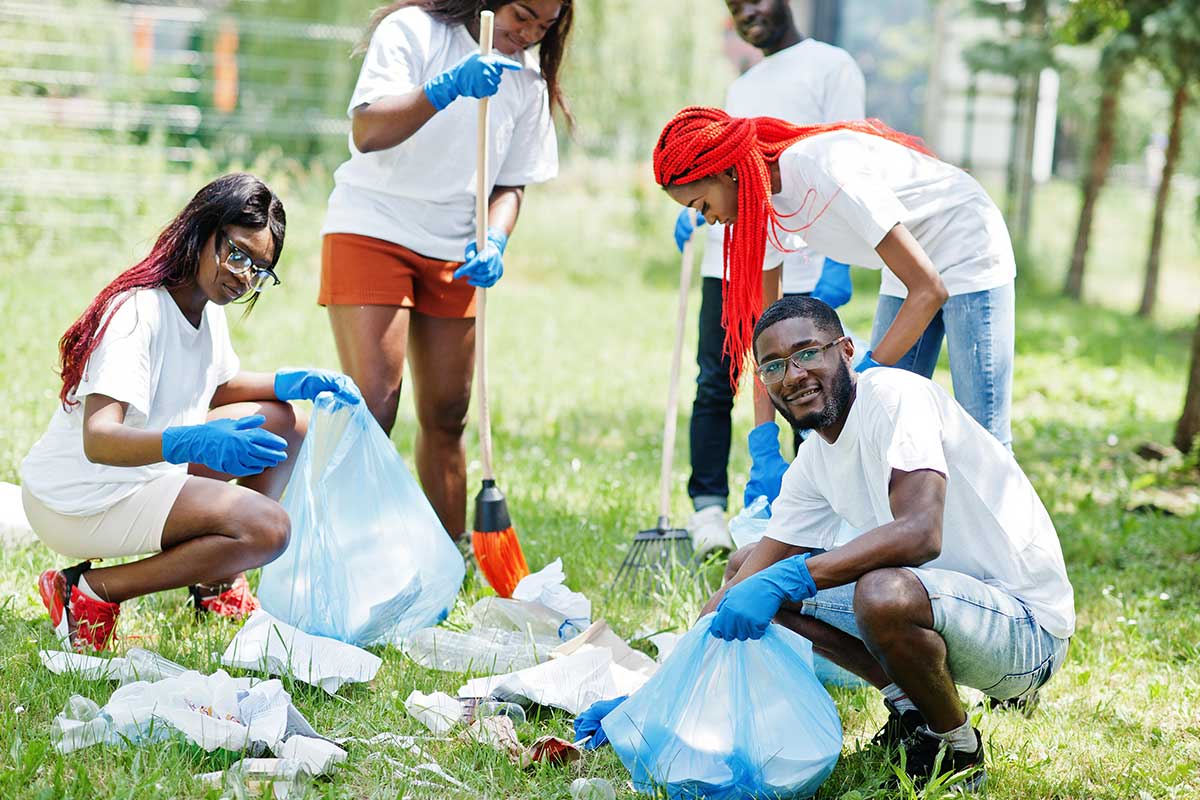
Discover how children across this island nation are overcoming poverty, exclusion, and limited opportunities — and how local efforts are opening doors to education, health, and hope.
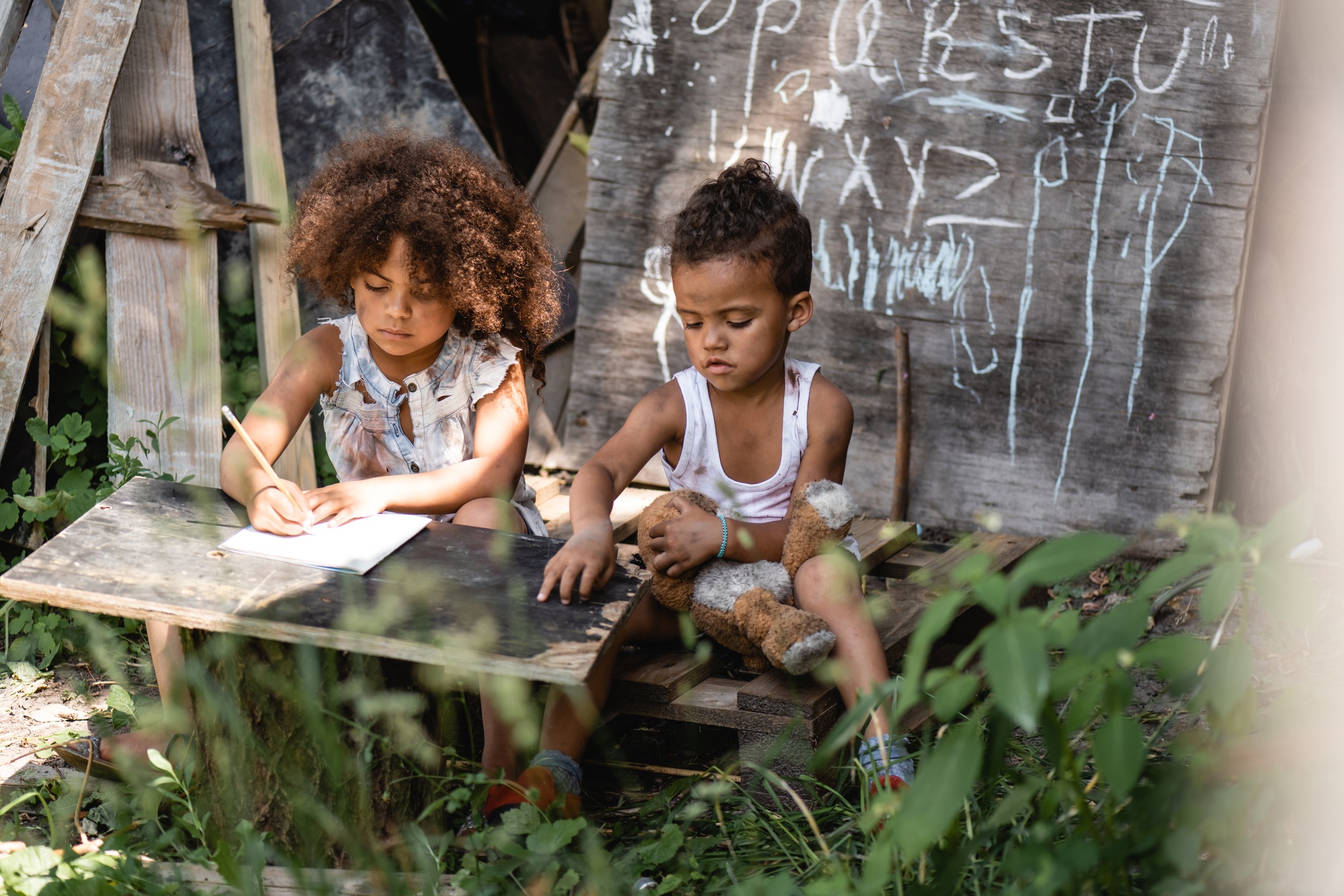
While primary education is free, schools are often overcrowded and underfunded — especially in rural areas. Many children drop out early due to poverty, distance from school, or pressure to help at home.
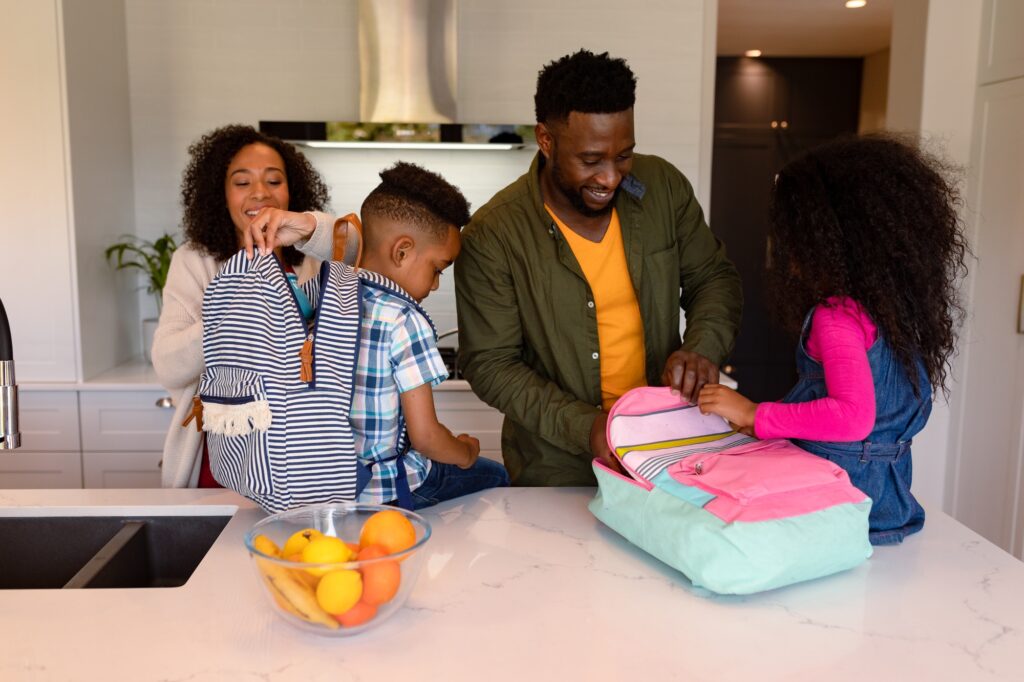
Children in Comoros face high rates of preventable illness and malnutrition. Clinics are limited, health outreach is scarce in remote villages, and many families cannot afford consistent care.
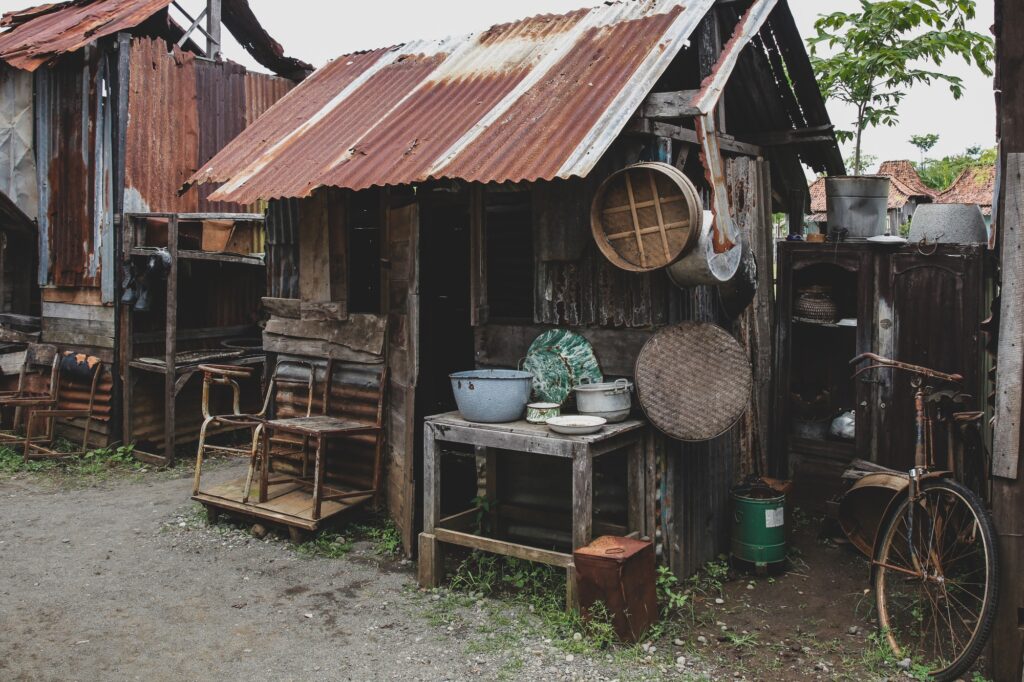
Disability is often misunderstood or stigmatized, and children with special needs are frequently excluded from school and social life. Most schools lack the training, equipment, or awareness needed for inclusive education.
In the capital of Moroni and nearby communities, Mwana Tanga Foundation is working to reduce dropout rates by supporting children with scholarships, tutoring, and basic needs. Their program identifies children at risk of leaving school and steps in with targeted assistance — from school supplies to emotional support.
Volunteers also run parent workshops on the value of long-term education and support girls facing cultural pressure to drop out early. Mwana Tanga partners with teachers to create second-chance pathways for children who have already left school.
For many families, the foundation offers the one thing that makes school possible: belief that it’s worth it.

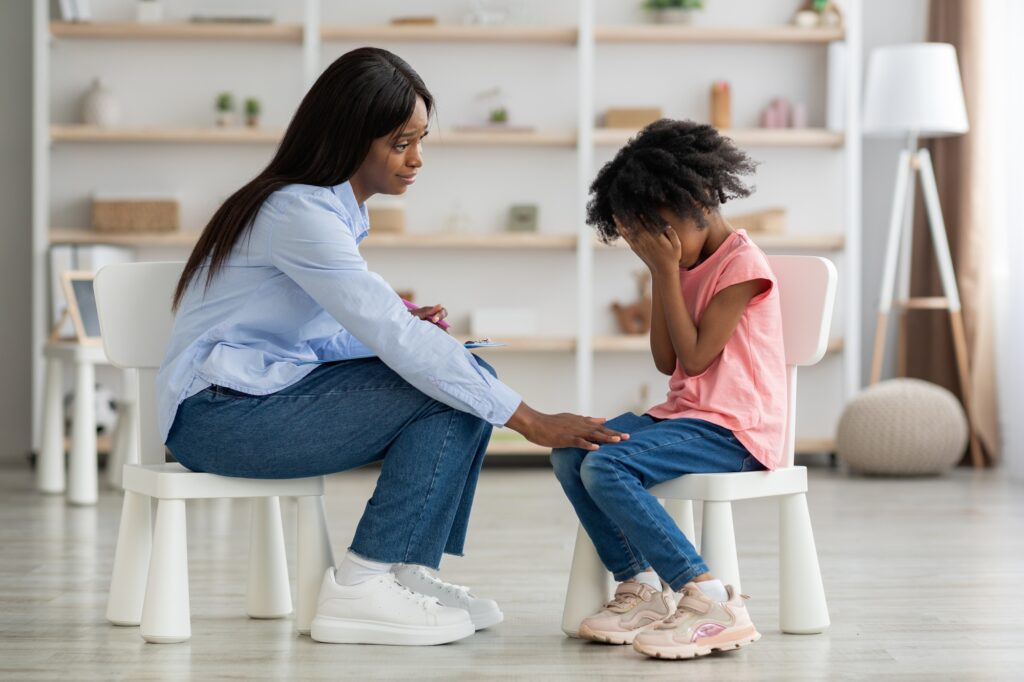
Across Comoros, Association Twamaya is changing the lives of children with disabilities by offering therapy, family support, and school integration services. Their inclusive day center provides physical therapy, art classes, peer groups, and early childhood learning.
Twamaya also trains teachers and caregivers to better understand disability — helping build a culture of compassion, not shame. For children once left at home or hidden from view, this space becomes a world of color, learning, and community.
Twamaya is creating more than inclusion — they’re creating belonging.
In the island of Anjouan, teachers and parents launched the Island School Meal Program to help children stay in school by offering daily hot meals. With support from local farmers and donations, they cook rice, beans, and fish for students who once came to school hungry — or didn’t come at all.
Attendance quickly improved. Children concentrated longer, smiled more, and even helped with serving and cleanup.
The meal became more than food. It became a reason to show up, a rhythm to the day, and a source of pride for the community.


In 2024, Association Twamaya and a network of local schools hosted Inclusive Play Day, a citywide event celebrating children of all abilities. With relay races, music circles, and painting stations, the day brought children with and without disabilities together in joy.
Parents wept watching their children play side-by-side without fear or judgment. Teachers said it was the first time they saw students learn empathy — not from a book, but from laughter.
What began as an event became a movement — proof that inclusion can be simple, powerful, and fun.
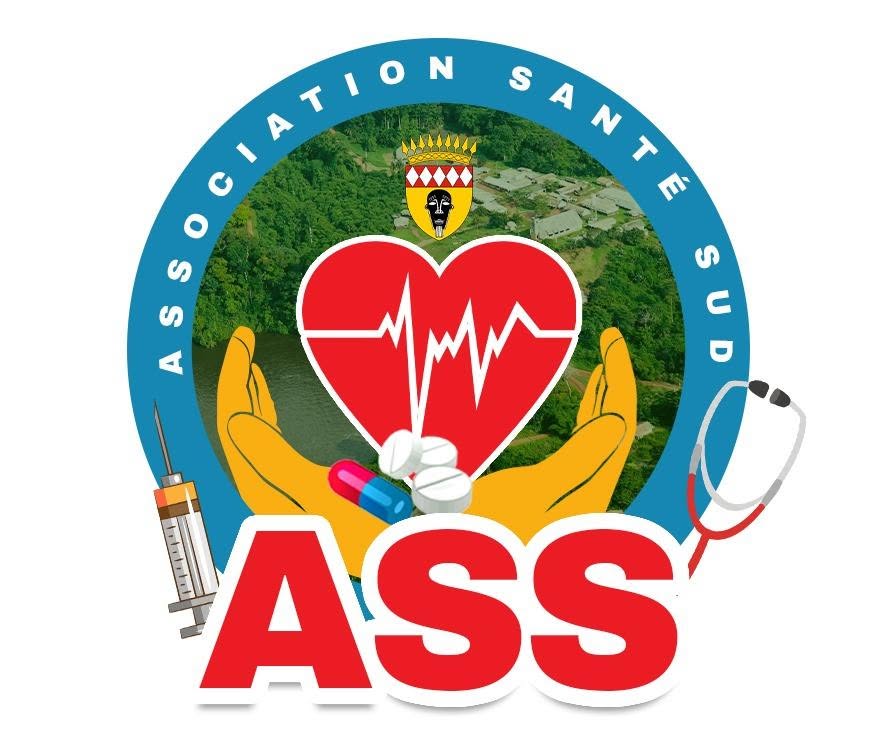
Very unique nonprofit (description coming soon)

Very unique nonprofit (description coming soon)
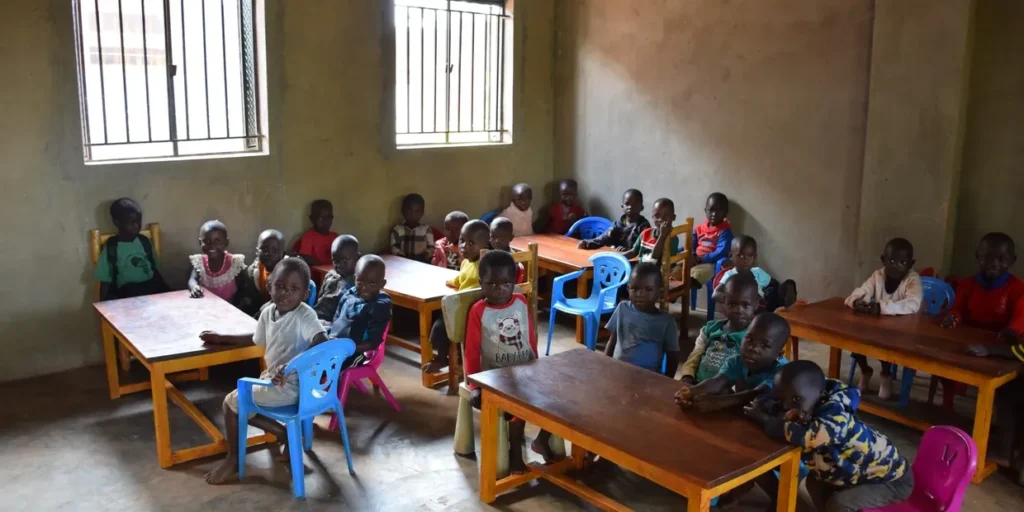
Very unique nonprofit (description coming soon)
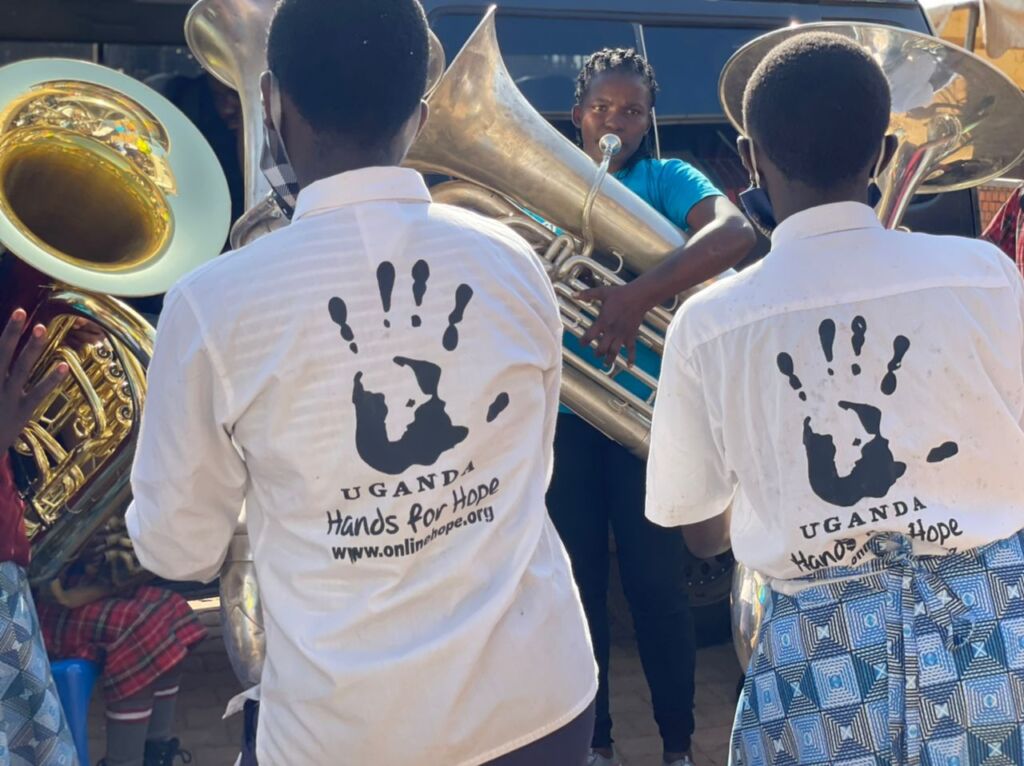
Very unique nonprofit (description coming soon)
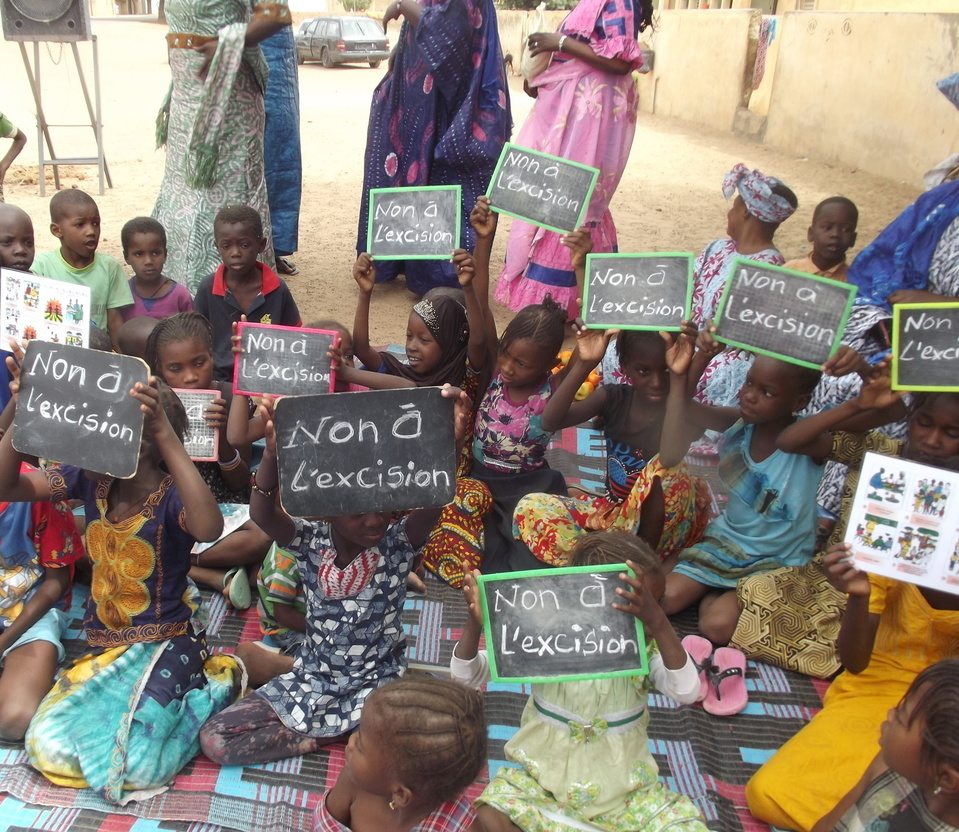
Very unique nonprofit (description coming soon)
Copyright © 2025 iam4allkids . All rights reserved.